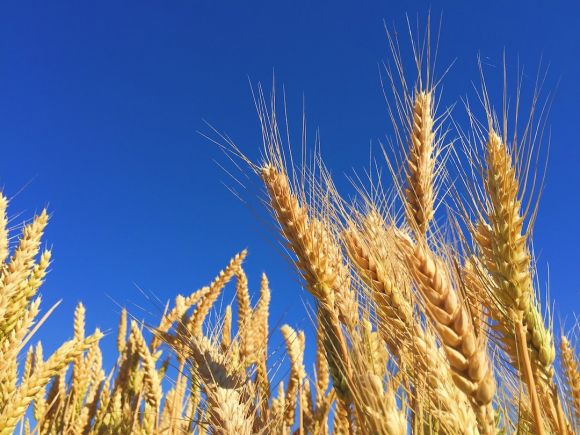As the global population continues to rise, the demand for food production is increasing at an alarming rate. In order to meet this demand, it is crucial to adopt sustainable agricultural practices that optimize crop management. By implementing innovative solutions, farmers can not only enhance their crop yields but also ensure the long-term viability of their farms. In this article, we will explore some key strategies for sustainable agriculture and discuss their benefits.
Integrated Pest Management: A Holistic Approach
One of the major challenges in crop management is dealing with pests and diseases. Conventional methods often rely heavily on chemical pesticides, which can have detrimental effects on the environment and human health. Integrated Pest Management (IPM) offers a more sustainable and holistic approach. By combining various pest control strategies, such as biological control, crop rotation, and the use of resistant varieties, farmers can effectively manage pests while minimizing the use of harmful chemicals.
Precision Agriculture: Technology at its Best
Advancements in technology have revolutionized the way we approach agriculture. Precision agriculture, also known as smart farming, utilizes various technologies, including GPS, sensors, and drones, to optimize crop management. By collecting and analyzing real-time data on soil conditions, weather patterns, and crop growth, farmers can make informed decisions on irrigation, fertilizer application, and pest control. This not only reduces resource wastage but also enhances crop productivity.
Conservation Tillage: Preserving Soil Health
Traditional tillage practices involve plowing the soil, which can lead to soil erosion, nutrient loss, and decreased soil fertility. Conservation tillage, on the other hand, aims to minimize soil disturbance and preserve its health. By leaving crop residues on the soil surface or practicing minimum tillage, farmers can improve water infiltration, reduce erosion, and promote the growth of beneficial soil microorganisms. This not only conserves soil resources but also contributes to carbon sequestration, mitigating climate change.
Crop Rotation: Breaking the Monoculture Cycle
Monoculture, the practice of growing a single crop year after year, can deplete soil nutrients and increase susceptibility to pests and diseases. Crop rotation involves the systematic alternation of different crops in a specific sequence. This breaks the cycle of pests and diseases, improves soil fertility, and reduces the need for synthetic fertilizers and pesticides. By diversifying their crops, farmers can optimize nutrient utilization, enhance pest control, and improve overall farm resilience.
Water Management: Efficient Irrigation Techniques
Water scarcity is a pressing issue in many agricultural regions. Optimal water management is essential for sustainable crop production. Precision irrigation techniques, such as drip irrigation and sprinkler systems, minimize water wastage by delivering water directly to the plant roots. Additionally, the use of water-saving technologies, such as moisture sensors and automated irrigation systems, can ensure that crops receive the right amount of water at the right time. By adopting efficient irrigation practices, farmers can conserve water resources and reduce their environmental footprint.
Conclusion: A Sustainable Future
Sustainable agriculture is not just about maximizing crop yields; it is about ensuring the long-term viability of our food production systems. By implementing integrated pest management, adopting precision agriculture techniques, practicing conservation tillage, diversifying crops through rotation, and optimizing water management, farmers can optimize crop management while minimizing their environmental impact. These strategies not only contribute to food security but also help build a sustainable future for generations to come. Embracing these sustainable agriculture solutions is crucial for a thriving agricultural sector and a healthier planet.
